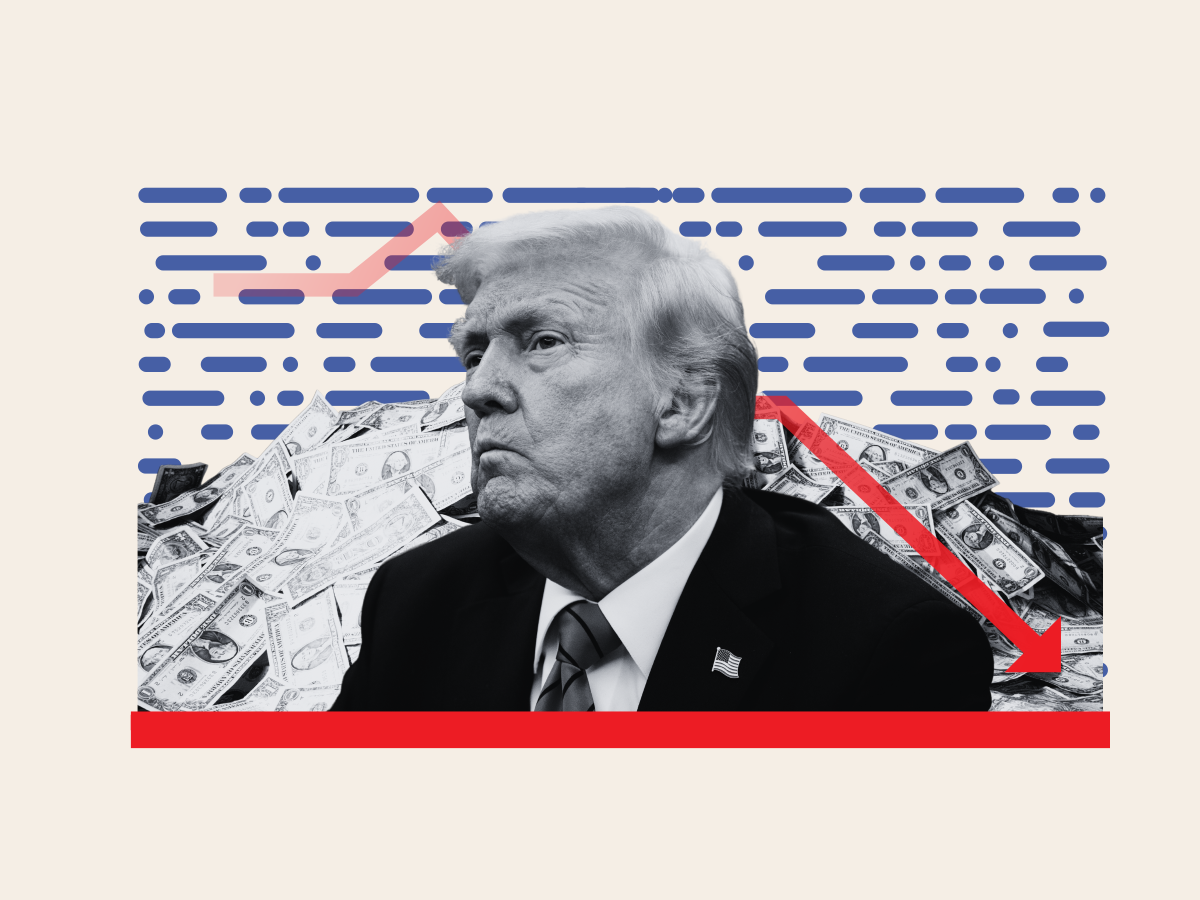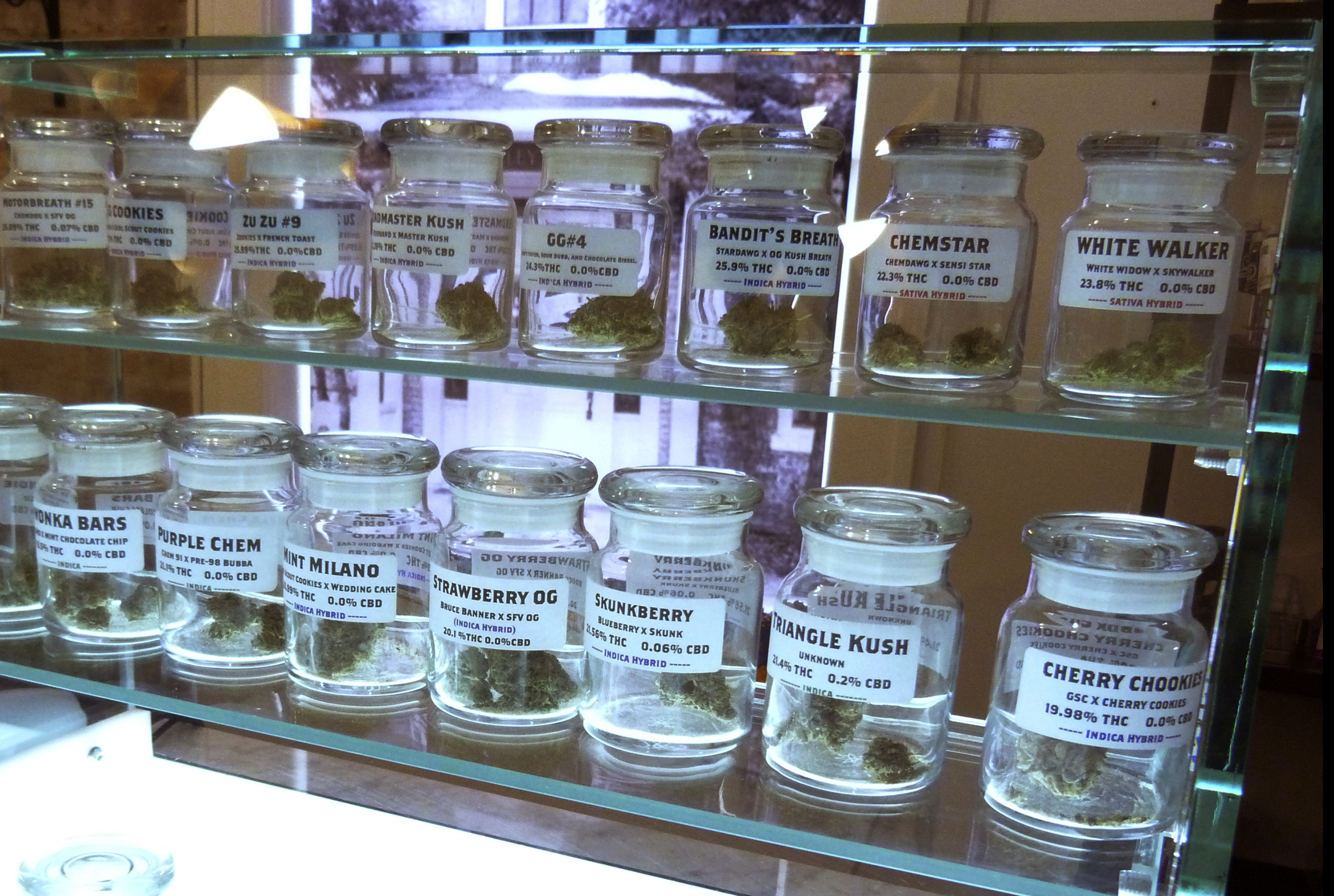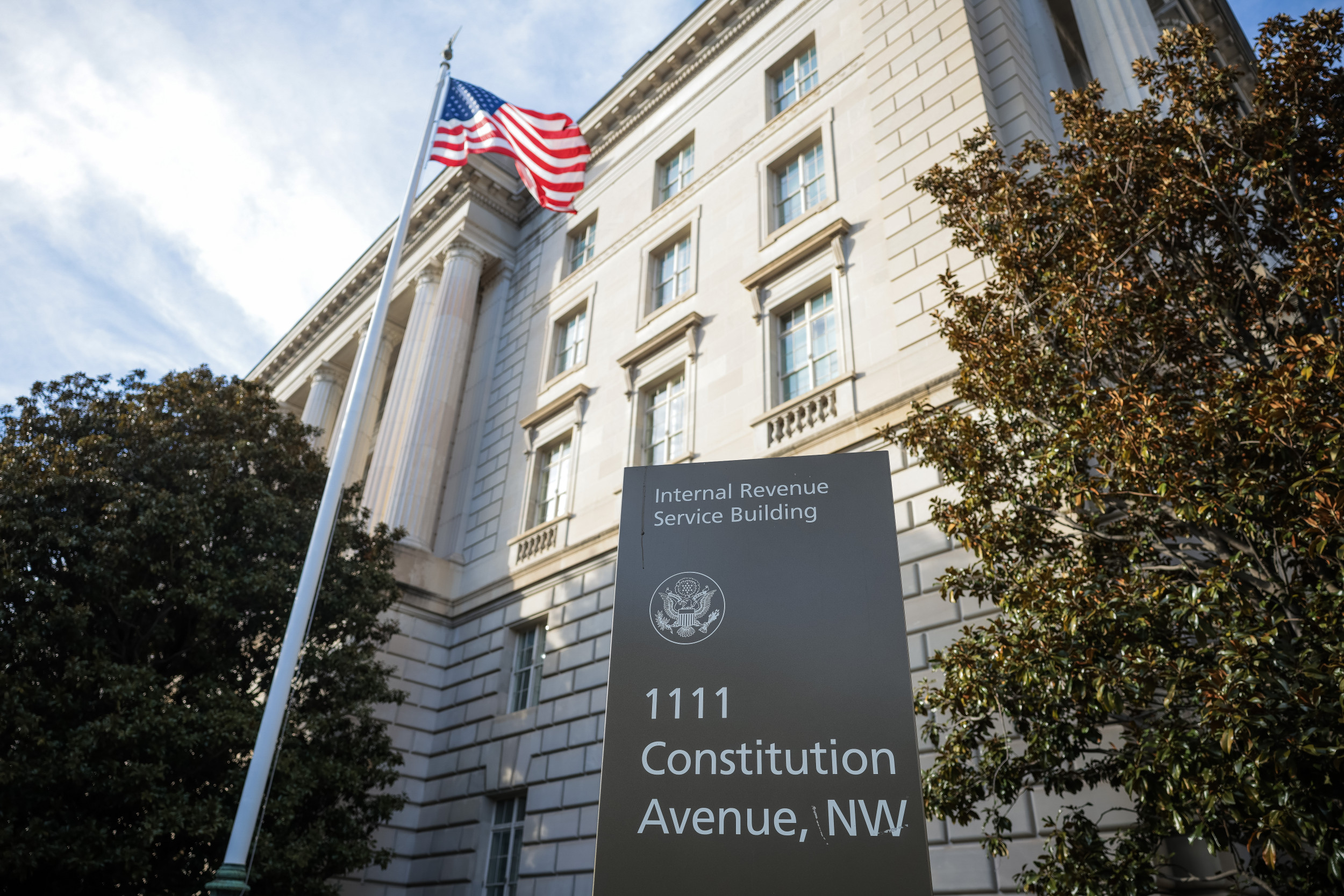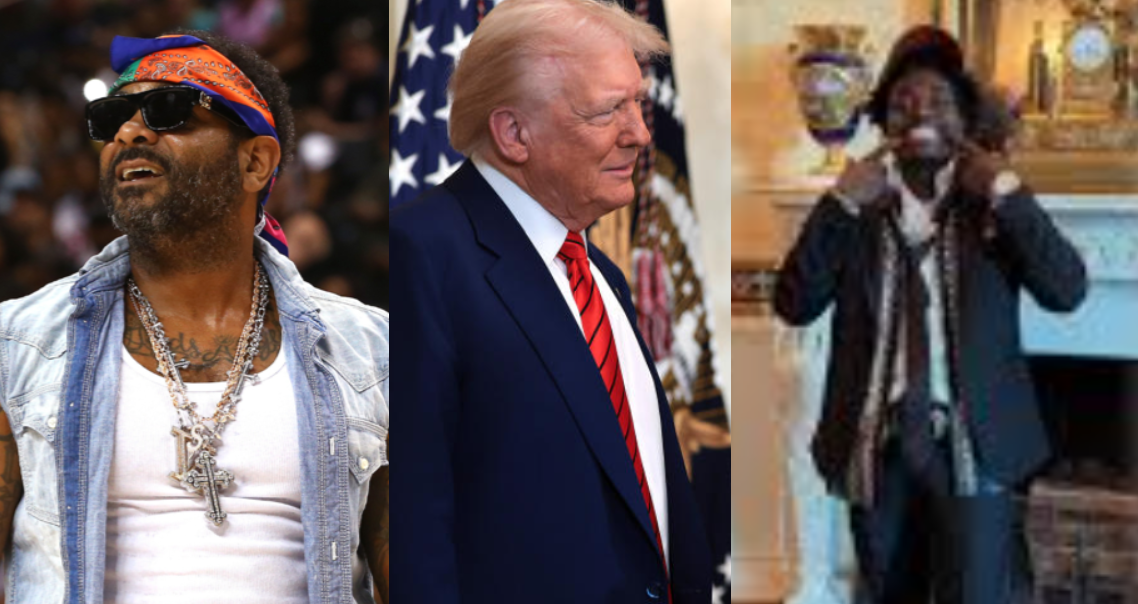President Donald Trump's support for his handling of the economy has significantly declined, according to recent polling data.
Once a cornerstone of his administration's appeal, his economic policies are now facing growing criticism from voters as the nation grapples with rising inflation and economic uncertainty.
Why It Matters
Previous polling showed that the economy was the most important issue to voters in the 2024 election—with many casting their ballots for Trump, who was inaugurated last month, hoping he would fulfill his pledge to curb inflation while revitalizing U.S. trade and industry.
But the U.S. economy has been tumultuous in recent years as the country recovers from the effects of the COVID-19 pandemic, and recent data shows prices rising, leaving voters dissatisfied with Trump's management of the economy.

What To Know
A Reuters/Ipsos poll conducted between February 12 and 18 showed that Trump's overall approval rating fell to 44 percent. In a January 24 to 26 poll, it was 45 percent, and it was 47 percent in a January 20 to 21 poll. Polling by Emerson College has shown a similar trend.
According to CNN pollster Harry Enten, this is being driven by growing voter dissatisfaction with Trump's handling of the economy. An Ipsos poll from February 2017, during Trump's first term, showed his approval rating on the economy at +16 points, while a Quinnipiac University poll from the same time showed his approval rating at +6. However, Ipsos polling from February 13 to 18 shows his approval rating on the economy at -8, while Quinnipiac's poll from this month, conducted between February 13 and 17, shows it at -4.
Other polls have also shown Trump's approval rating on the economy dropping. According to the Reuters/Ipsos poll conducted between February 12 and 18, 53 percent of Americans believed the economy was on the wrong track, up from 43 percent in the organizations' January 24 to 26 poll. Meanwhile, a YouGov/Economist poll from February 16 to 18 showed 46 percent of voters approve of Trump's handling of the economy, while 42 percent disapprove. That is down from January 26 to 28 when 49 percent of voters approved and 37 percent disapproved.
A recent Gallup poll, which surveyed 1,004 Americans between February 3 and 16, showed Trump's approval rating on the economy at 42 percent, with 54 percent disapproving, amounting to a net approval rating of -12 points. Gallup noted that Trump's rating is lower than any president's first-term February reading in recent history, including those for Joe Biden (54 percent), Barack Obama (59 percent), George W. Bush (53 percent) and Bill Clinton (45 percent).
And according to analysis by pollster Adam Carlson, Trump currently has a -5 net approval rating on the economy.
This may be a worrying sign for Trump, who vowed during his campaign that inflation would "vanish completely" when he returned to the White House.
But things have not gone so smoothly for Trump. According to a Labor Department report, in January, consumer prices saw their largest increase in almost 18 months, with Americans facing rising costs across various goods and services. Other data indicates that U.S. households expect inflation to rise following Trump's February 1 announcement of tariffs of up to 25 percent on goods from Mexico and Canada and a 10 percent tariff on Chinese imports.
Previous analysis by Goldman Sachs estimated that tariffs would raise consumer price inflation by 1 percent if carried out. They would also hurt profit margins for U.S. companies while increasing the threat of retaliatory tariffs by other countries, it projected.
What People Are Saying
CNN pollster Harry Enten: "He is underwater like The Little Mermaid. One of Trump's great strengths during the 2024 campaign was the economy. The idea that Donald Trump could fix the economy. This was one of Donald Trump's great strengths. Now it's one of his great weaknesses.
"I honestly never thought I'd see the day in which Donald Trump would be polling so poor on the economy, but that day is here. Inflation ate the Joe Biden presidency alive, and right now, it is very much the case that Donald Trump is in danger of inflation eating his presidency alive."
Michael Steven Lewis-Beck, a distinguished professor of political science at the University of Iowa, told Newsweek: "Egg prices are way up, farmers have to a pay lot more for fertilizer. Farmers in Iowa, along with other American consumers, generally are finding cost-of-living increases from of the trade wars Trump initiated. In addition, his waves of federal job firings are jolting the unemployment rate. Small wonder that public opinion about his handling of the economy shows a leap in disapproval."
Thomas Gift, an associate professor of political science and the director of the Centre on U.S. Politics at University College London, told Newsweek: "Americans are coming to grips with the reality that there's no silver bullet on inflation. While several of Joe Biden's stimulus packages overheated the economy and arguably made the cost-of-living crisis worst, many of the drivers of inflation are structural, related to supply chains, and can't be reversed overnight. It's also hard to think of two policies that would be more inflationary than mass deportations and tariffs, both of which Trump has made the centerpiece of his platform. The idea that electing Trump would suddenly drop the price of eggs and milk was always unrealistic. Apparently, some voters are just starting to recognize this hard truth."
What Happens Next
The effects of Trump's wide-ranging economic agenda, which includes lowering taxes and increasing tariffs on major U.S. trading partners, are expected to become clearer in the coming months.




















 English (US) ·
English (US) ·